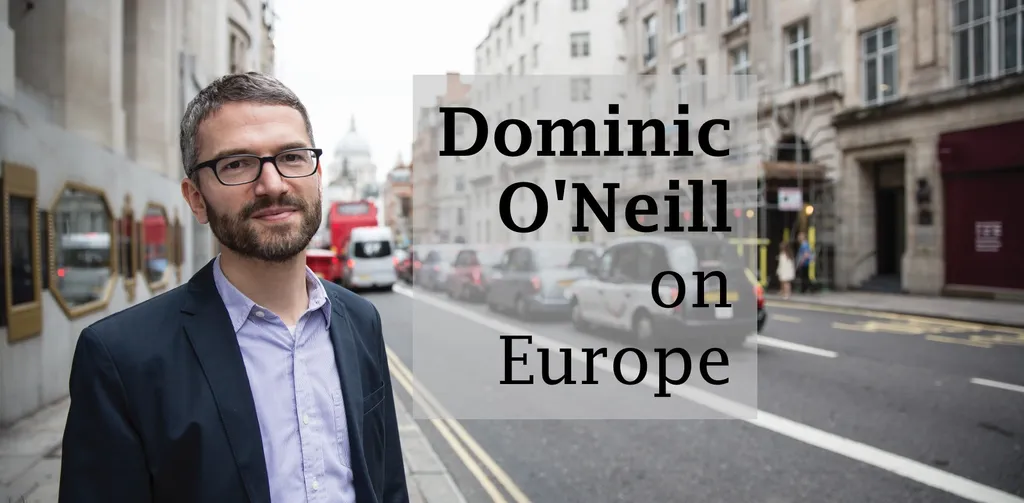Covid-19 seems to have radically changed the fortunes of Europe’s banks.
Two years after the pandemic’s arrival brought fears of a banking apocalypse, lenders in Europe are posting bumper profits. They are overflowing with capital and their share prices are soaring. There’s even new hope of an end to the negative interest-rate policies that have caused so much anxiety in the sector for the past half decade or more.
But, deeper down, less has changed, as the drivers behind a new shift to share buybacks demonstrate.
In early 2020, bans on bank dividends and share buybacks interrupted a gradual post-2008 recovery in European banks’ shareholder distributions. Fast forward to today and European banks’ capital pay-outs are not only at record levels but there are also share buybacks, almost unheard of in the sector pre-Covid, especially in the eurozone.
More common
In 2022, it is becoming more common than not for a big, healthy European bank to have a buyback programme. Buybacks will constitute about a third of overall sector distributions in 2022, Bank of America research shows. Banks that have announced particularly large buybacks so far include BBVA, Intesa Sanpaolo, NatWest, UBS and UniCredit.
The reason for this is, firstly, to return excess capital not paid out during the pay-out bans. Covid lockdowns don’t seem to have resulted in the feared increases in bad debt that were behind the bans at the start of the pandemic. Banks are turning much more towards buybacks rather than special dividends to return these one-off amounts.
Buyback volumes will, therefore, decline in 2023, but they will remain at a much higher level than pre-Covid, according to Bank of America. The reason? Even after the pent-up effect of pay-out bans, banks will have more capital to distribute than during the 2010s, when the sector set aside about €77 billion a year to cope with Basel III.
In the previous decade, some banks – especially in Scandinavia – felt flush with capital. But the wider sector faced a shortfall compared with the amount that regulators would eventually demand, under Basel. Now, bankers don’t see capital needs going down, yet the gradual step-up in requirements seems mostly over.
Buyback volumes will decline in 2023, but they will remain at a much higher level than pre-Covid
Let’s not get carried away here. European banks will still focus more on dividends than their US counterparts. This is partly to do with a shareholder base in Europe, especially in banking, that is more orientated to income. Many European banks have a particularly large share of retail shareholders, who sometimes rely on income from these investments to supplement their pensions.
However, European supervisors will be nervous about higher excess capital translating into much higher dividend pay-outs, which would seem more of a long-term commitment than buybacks. Although such a commitment would be good for shareholders if it was credible, the 2020 bans painfully illustrated how much dividend cuts can hurt banks’ share prices and therefore their ability to raise capital.
“Investors use the past year’s dividend performance to calculate your valuation, so if you have that uncertainty, such as dividends bans, that has an impact,” BNP Paribas chief financial officer Lars Machenil told me recently. “We see regulators tilting into a mode in which the returns to shareholders will be partly in dividends and partly in share buybacks. That would mean, more like in the US, that they could act on the share buyback and not on the cash dividend.”
Here to stay
Another senior source gives a similar insight on discussions with European Central Bank (ECB) supervisors: “The ECB has realised that distribution through buybacks is more prudent, because a cash dividend is sacrosanct, and once you have it, any reduction is viewed as a big problem.”
Bank share buybacks are, therefore, here to stay in Europe. The other factor is the alternative to distributions. Pre-2008, banks did not need as much regulatory capital as they did in the 2010s, but they had higher valuations and more scope for M&A.
Today, many investors still doubt banks will earn their cost of equity. Bank shares are consequently struggling to achieve a premium to book value, especially in the eurozone. Because of this, it generally makes more sense – aside from being easier and safer – to buy back those shares rather than trying to deploy them in a merger, which would usually need to be at a premium to the target’s market value.
Even for banks trading above book value, there are other new arguments against using excess capital for M&A rather than buybacks. Firstly, the sector is more consolidated than before, so the remaining targets are the more complicated stories, such as the merger targets BBVA and UniCredit recently rejected; Banco Sabadell and Banca Monte dei Paschi di Siena, respectively. Investors haven’t forgotten the mess bank M&A created pre-2008.
Finally – and this is the argument BNP Paribas leans towards – big bank M&A is less convincing as banks are less dependent on branches for growth. Indeed, in-person deposit gathering is the antithesis of the new fee-focused digital ideal. Cost synergies can be enticing but realizing them is much harder in Europe than in the US, because of labour laws.
Eventually, a European deposit insurance scheme could make intra-eurozone bank M&A more justifiable. But that’s not imminent, and the shift away from international retail banking continues, especially when it concerns incumbents – Citi’s sale of Banamex being a recent case in point.




